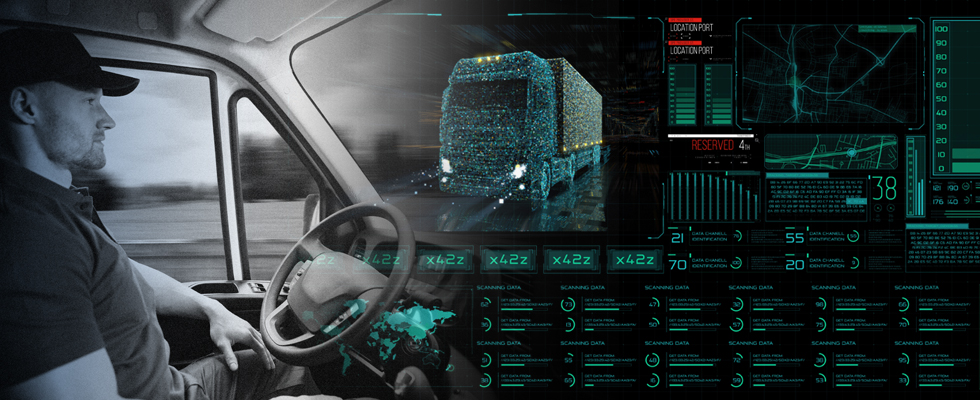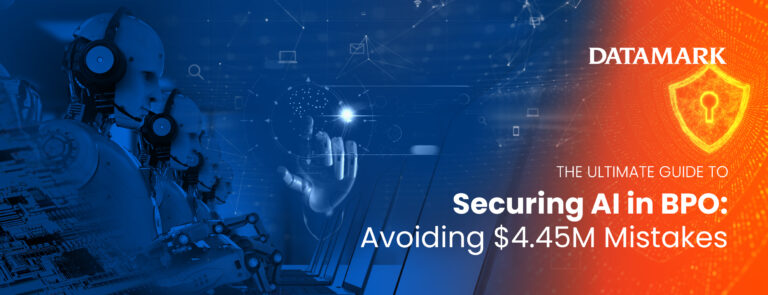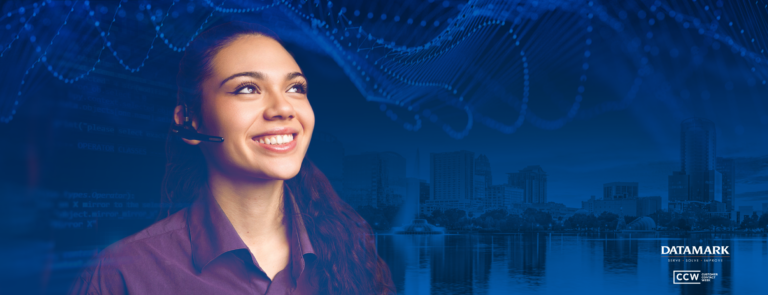
The Transportation Industry is Transforming Faster than Ever
A book from CU professor Karen Levy explores the world of trucks and truckers in the modern US. Most people outside of trucking and logistics think of truckers as tough, independent, free spirits that roam the country. Driving huge rigs delivering our food and everything we buy in stores.
The legend remains partly true; most truckers like to preserve the image of road cowboys dodging smokies. However, as Professor Levy outlines in her research, modern reality is highly driven by technology.
The Role of AI in the Transportation Industry
Routes and loads are usually planned by AI. Trucks and drivers have electronic monitoring systems, and various auto manufacturers are experimenting with autonomous trucks. The expectation is that long highway miles will eventually be primarily managed autonomously. With human drivers just handling the last section from a truck hub to a final destination.
This is excellent news for truckers away from their home and family for long periods, but it also requires a rethink across the entire industry, as truckers today are only paid by the mile driven. If they are only ever doing local deliveries, then a lot has to change.
AI in Modern Transportation
Data-Driven shows how an industry that most people think they understand from countless TV shows and movies is entirely different in reality. The modern transportation industry has been significantly transformed by technology in the past few decades. Many advances in various fields have improved efficiency, safety, and sustainability.
Here are some of the most critical ways in which transportation is currently transforming:
- Autonomous vehicles – The development of self-driving cars and trucks has the potential to revolutionize how goods and people are transported. Autonomous vehicles can reduce human error, improve traffic flow, and optimize fuel consumption.
- Electric vehicles (EVs) – The widespread adoption of electric cars, buses, and trucks have reduced the transportation sector’s reliance on fossil fuels, significantly lowering greenhouse gas emissions and air pollution.
- Ride-sharing platforms – Companies like Uber and Lyft have disrupted traditional taxi services, offering users more convenient and often more affordable transportation options. These platforms have also encouraged carpooling, which can reduce the number of vehicles on the road and help alleviate congestion. Many young Americans no longer even want to drive – their apps offer enough freedom.
- GPS and mapping technologies – Real-time navigation systems have become ubiquitous, helping to optimize routes, reduce fuel consumption, and improve delivery times for commercial transport.
- Advanced driver-assistance systems (ADAS) – Technologies such as adaptive cruise control, lane departure warnings, and automatic emergency braking enhance driver safety and can help prevent accidents. Although auto brands such as Tesla come to mind immediately when thinking of this automation, a less-known global group of companies is working on this technology.
- Drones and aerial transport – Drone technology has the potential to revolutionize the delivery of goods, particularly in remote or hard-to-reach areas. In addition, companies like Uber Elevate and Airbus are developing electric vertical takeoff and landing (eVTOL) aircraft for urban air mobility, which could potentially alleviate traffic congestion in densely populated areas. Domino’s made their first pizza delivery by drone back in 2016.
These advances are reshaping transportation as we know it. There will be new business models, more delivery efficiency, and a reduced environmental impact. New ideas and innovations will likely emerge and drive more significant change over the coming years.
Automation and Acceleration of Services
One thing that is also clear from all these developments is that there will be a greater expectation on transport companies to provide real-time information to customers. Simple ‘where is my stuff’ tracking will not meet customer expectations as we see more and more automation and acceleration of services.
Ride-sharing platforms need constant communication with both drivers and customers. Delivery services need better ways to keep customers updated. Autonomous vehicles will undoubtedly reshape how logistics companies plan long-haul and local deliveries. All this will put transportation companies at the center of a communication network that increasingly relies on sensors and the Internet of Things for automated updates. The 2020s will see a transportation transformation!
What do you think?
follow our LinkedIn company page to always see our articles in your newsfeed. Click here to visit our website.




